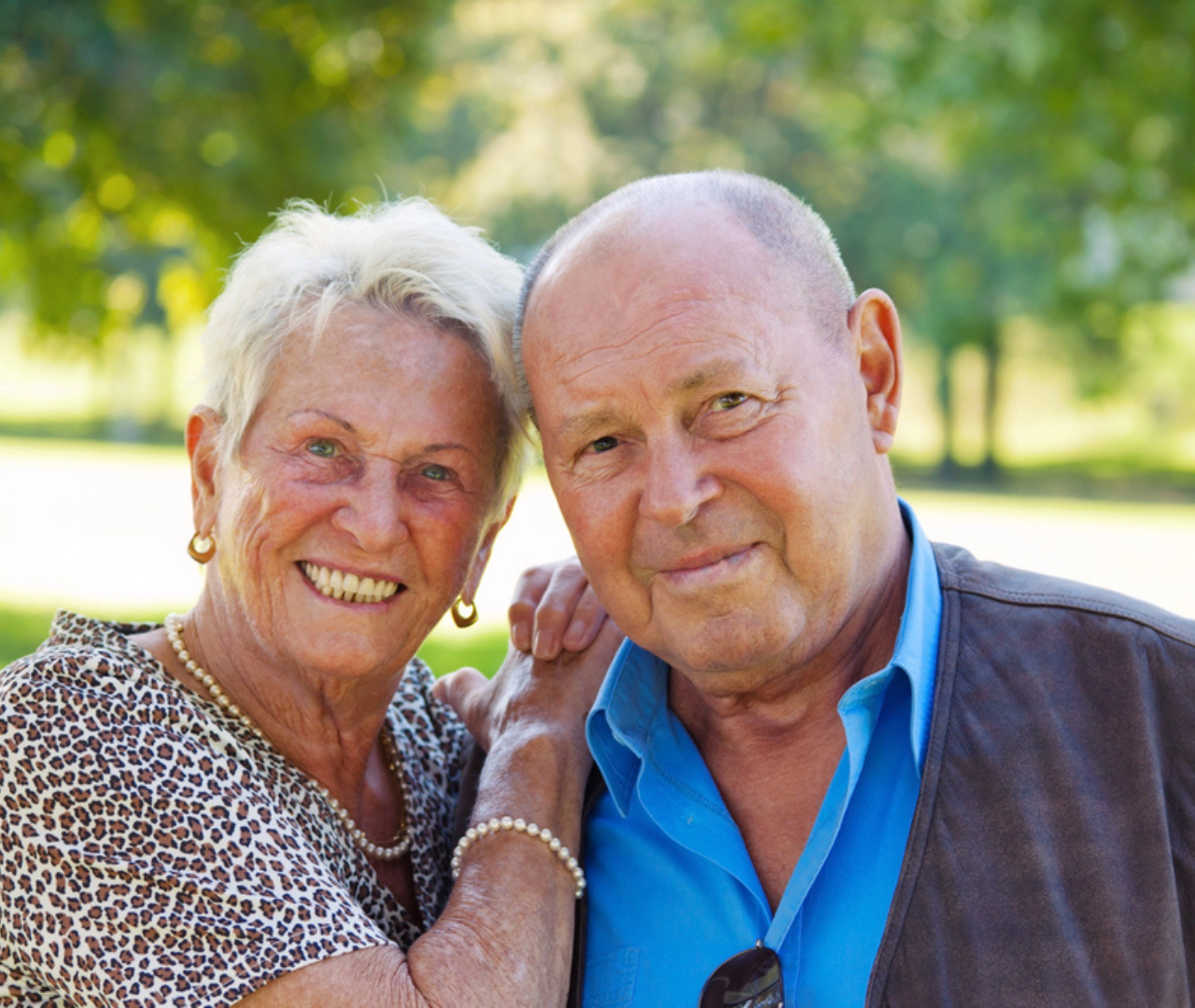
Human Rights Month: A Time to Reflect on the Rights of the Elderly
Human Rights Month serves as a vital opportunity to reflect on the rights and dignity of all individuals, including the elderly. As society ages, it becomes increasingly important to ensure that older adults are treated with respect and have their rights upheld. This month is not just a time for reflection but also a call to action to advocate for the rights of seniors and address the challenges they face.
Understanding Elder Rights
Basic Human Rights:
Elderly individuals have the same fundamental human rights as everyone else. These include the right to life, liberty, and security, as well as the right to participate in cultural, social, and political life. Society must ensure that older adults are not excluded from any aspect of life because of their age.
Elder Abuse and Neglect:
Unfortunately, many older adults face abuse or neglect in various settings, including their homes and care facilities. Recognizing the signs of elder abuse is crucial for prevention and intervention. This can involve physical, emotional, or financial abuse, and addressing it requires legal protections and societal awareness.
Access to Healthcare:
Seniors have the right to receive appropriate and timely healthcare. This includes access to medical treatment, mental health services, and necessary medications without discrimination. Ensuring that older adults have affordable and consistent healthcare coverage is vital for preserving their health and well-being.
Key Issues Facing the Elderly
Ageism:
Discrimination based on age, known as ageism, can lead to social isolation and marginalization of seniors. It is essential to challenge stereotypes and advocate for the value of older adults in society. Ageism can occur in the workplace, healthcare settings, or even within families, and it can have serious emotional and physical impacts on older individuals.
Financial Security:
Many seniors face economic challenges due to inadequate retirement savings, rising healthcare costs, and limited income. Advocating for policies that provide financial support and security for the elderly is vital. This includes pushing for better pension systems, affordable healthcare, and social safety nets that ensure no senior lives in poverty.
Housing and Living Conditions:
Safe and affordable housing is a fundamental right. Many seniors struggle to find appropriate living arrangements that meet their needs, particularly those with disabilities or chronic illnesses. Public and private sectors must work together to create more age-friendly housing and communities.
Social Inclusion:
The right to participate fully in society is often denied to seniors due to physical barriers, lack of transportation, and social isolation. Promoting community engagement and accessibility is essential. Initiatives that provide transportation, social programs, and accessible spaces can help seniors remain connected to their communities.
Advocacy and Action
Raising Awareness:
Human Rights Month is an excellent time to educate the community about the rights of the elderly. Host workshops, seminars, or awareness campaigns to highlight the issues facing older adults. These efforts help inform the public about how to prevent elder abuse, promote inclusivity, and ensure equality for seniors.
Policy Advocacy:
Engage in advocacy efforts aimed at protecting the rights of seniors. This can involve lobbying for stronger laws against elder abuse, better healthcare access, and improved social services. Working with policymakers and lawmakers can lead to meaningful change for older adults at local, state, and national levels.
Empowering Seniors:
Encourage older adults to advocate for themselves and others. Providing information about their rights and resources can empower them to take action. Seniors who are aware of their rights are better able to protect themselves and contribute to discussions that affect their lives.
Support Organizations:
Collaborate with local and national organizations that focus on elder rights. These groups can offer valuable resources, support, and advocacy efforts. They often provide legal assistance, educational materials, and guidance on improving seniors’ quality of life.
Community Programs:
Promote programs that support the well-being of seniors, such as social engagement initiatives, health screenings, and financial literacy workshops. These programs can help combat isolation, improve mental health, and enhance the quality of life for older adults.
Conclusion
Human Rights Month is a crucial reminder of the importance of advocating for the rights of the elderly. By reflecting on the challenges they face and taking action to support their rights, we can create a more inclusive and respectful society for all ages. Protecting the elderly is not only a moral duty but a societal responsibility.
As we honor the dignity and worth of every individual, let’s commit to standing up for the rights of seniors, ensuring they have the opportunity to live fulfilling, healthy lives free from discrimination and abuse. Together, we can build a future that respects and values the contributions of older adults, affirming their place in our communities and ensuring their voices are heard.

